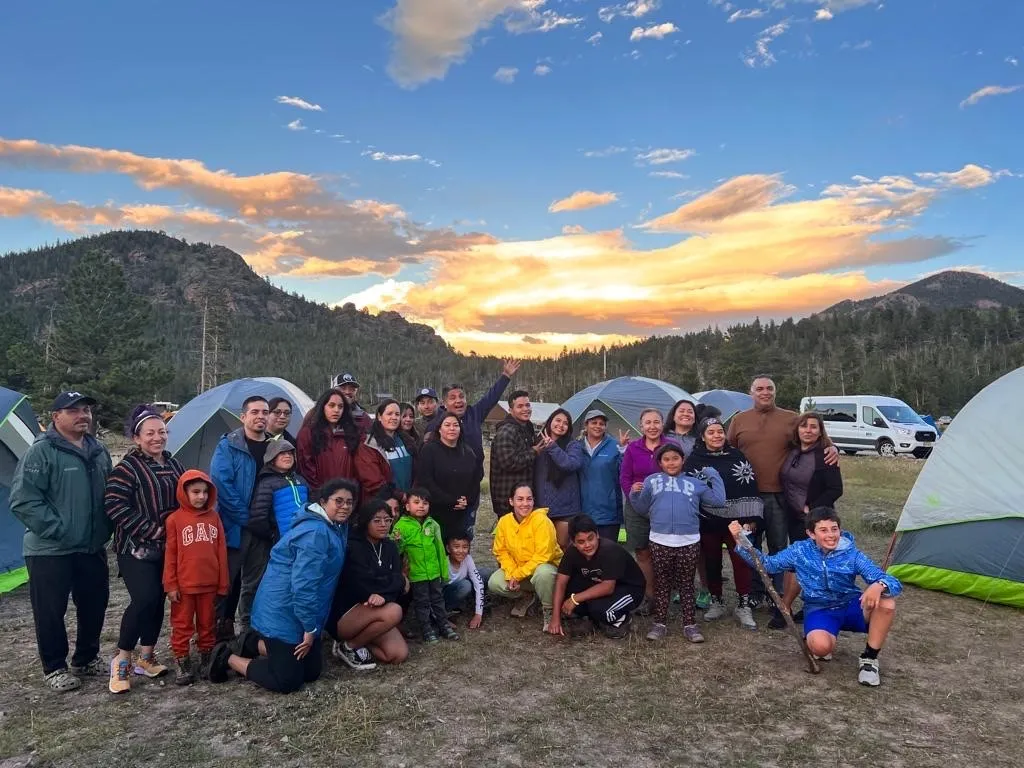Wood: Big Tech expands once again
More than two years have passed since Apple Inc. (Nasdaq: AAPL) announced that it would add “hundreds of jobs” in Boulder, providing a vague statement about its Boulder plans, even as it unveiled a larger operation in Austin, Texas. At the time, the company didn’t even identify where in Boulder that office might be.
BizWest in November 2019 revealed that Apple was occupying space at 5360 Sterling Drive. Again, Apple declined to provide details of its Boulder operation.
Now, Apple has unveiled plans — again, vague — for Boulder.
SPONSORED CONTENT
“Apple is growing its engineering team in Boulder and expects to have close to 700 employees at its offices in the region by 2026,” the company said in a prepared statement.
Kristina Raspe, Apple’s vice president of worldwide real estate and facilities, had this to say in an email to BizWest:
“Boulder has been a great city to build a team, and we’re thrilled to continue expanding our engineering teams here. We’re proud to be a part of this vibrant community and to contribute to the city’s long-term job creation and economic development.”
Again, no details.
Apple’s latest announcement was part of a $430 billion nationwide investment, which will include a new, 3,000-job operation in North Carolina’s Research Triangle and expansion of its San Diego operation to 5,000 workers. Other initiatives and expansions are planned at locations around the country.
The company’s expansion in Boulder reflects the latest “Big Tech” company to invest in the region. “Big Tech” is a group of global tech firms that — depending on the source — includes companies such as Apple, Amazon, Facebook, Google, Netflix, Microsoft and Twitter (which resists being lumped in the “Big Tech” category).
This group typically includes these younger tech giants, eschewing what used to qualify as “Big Tech,” i.e., IBM Corp., Hewlett-Packard, Oracle Corp., etc.
But the Boulder area, while still home to IBM and Oracle, and with HP Inc. and Hewlett Packard Enterprise still major players in Fort Collins, has attracted waves of investment and expansion by the newer Big Tech companies in recent years, which have included:
• Google, with a new 300,000-square-foot campus at 30th and Pearl streets, along with additional space — hundreds of thousands of square feet — occupied by its Nest unit, Verily Life Sciences, and Google Technical Services, or gTech. Google employs at least 1,500 workers in the city.
• Amazon has numerous operations locally, including distribution operations but also tech-oriented divisions, such as the 2019 acquisition of warehouse-robotics company Canvas Technology and a Boulder division with engineers focused on advertising.
• Twitter’s 2014 acquisition of social-media data-analytics company Gnip Inc. has led to continued expansion of Twitter in Boulder, with the company leasing another 65,000 square feet in the city in November 2020.
• Uber in 2015 acquired Microsoft Corp.’s Boulder Bing operations, and Lyft also has operations in the Boulder area.
What’s striking about most of these Big Tech expansions is how they were rooted in the startup ecosystem of the region. Research universities such as the University of Colorado Boulder and Colorado State University, as well as dozens of federal laboratories in Boulder, Jefferson and Larimer counties, have proved a boon for tech-oriented startups and have helped create a pool of skilled workers.
As startups have innovated and grown, they’ve proved to be attractive acquisition targets for global tech companies. That was the case with Twitter and Gnip, Amazon and Canvas, and Google and SketchUp, which it acquired in 2006 (before eventually selling the division to Trimble Inc. in 2012. (Now Trimble also has a significant Boulder operation.)
While expansion by Big Tech companies could drive up prices for office space, they also help create a vibrant atmosphere for the local innovation economy, with employees moving back and forth between companies and driving the launch of more startups in the future.
So, as Boulder, Denver and other parts of the Front Range continue to innovate, they likely will do so with more Big Tech companies in the mix.
Christopher Wood can be reached at 303-630-1942, 970-232-3133 or cwood@bizwest.com.
More than two years have passed since Apple Inc. (Nasdaq: AAPL) announced that it would add “hundreds of jobs” in Boulder, providing a vague statement about its Boulder plans, even as it unveiled a larger operation in Austin, Texas. At the time, the company didn’t even identify where in Boulder that office might be.
BizWest in November 2019 revealed that Apple was occupying space at 5360 Sterling Drive. Again, Apple declined to provide details of its Boulder operation.
Now, Apple has unveiled plans — again, vague — for Boulder.
“Apple is growing its engineering team in Boulder and expects to have close to…


